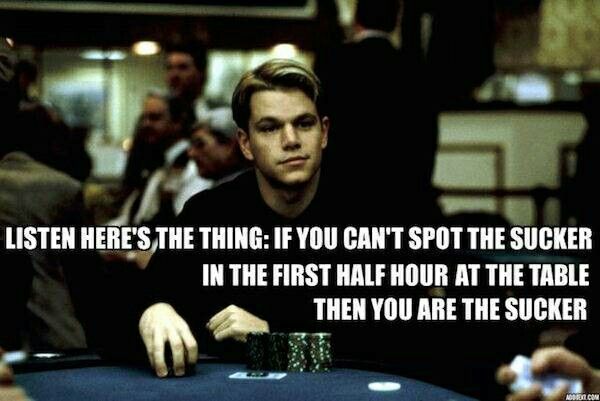Fool me 375 times, shame on Harvard Law School

On November 14th of the year 2023, an article begins with the premise that symbolic legislation proposed by Josh Hawley (!) could change the course of American campaign finance law (!!!!!!!!!!!!!!):
Late last month, Republican Sen. Josh Hawley introduced a bill that signals that a critical break may be coming in the fever of campaign finance jurisprudence. The Ending Corporate Influence on Elections Act of 2023 purports to limit political spending by publicly traded corporations in America. The bill has exactly zero chance of becoming law. Yet the constitutional premise Hawley has embraced could change campaign finance law fundamentally.
I assume observers of legal academia will have narrowed the byline down to a few options. The next grafs provide more clues:
Hawley is motivated, he says, by the theory of constitutional interpretation named “originalism.” Originalism says that the Constitution should be interpreted according to the original meaning of the words in that document. In Hawley’s view, nothing in the words of the First Amendment, as originally interpreted, would limit legislatures from directing how corporate money can or cannot be spent. Nothing, therefore, in that amendment should limit legislatures from so directing today.
Hawley is certainly right about the original meaning of the First Amendment. He is also right to recognize that originalism has become, in theory at least, the dominant interpretive practice of the Supreme Court. And he’s right that the case that held to the contrary, Citizens United v. FEC, ignored these principles of originalism.
But the challenge for Hawley is that none of the originalists on the Supreme Court have even considered how their theory applies to First Amendment limits on campaign finance law.
Believing, or pretending to believe, that reactionary Supreme Court justices reach reactionary policy outcomes only because they have not been properly informed that their holdings are ACTUALLY not consistent with originalism? I assume most of you who are interested have it now:
Justice Clarence Thomas is the clearest example. While Thomas has, on grounds of originalism, called for a reconsideration of New York Times v. Sullivan—calling the landmark 1964 free press opinion a “policy-driven decision masquerading as constitutional law”—he has been the most aggressive justice pressing limits on the regulation of campaign contributions and campaign spending. Yet if he applied that same skepticism to the foundation of modern campaign finance law—Buckley v . Valeo—he would certainly find in that 144-page-long opinion plenty of “policy-driven decision[making] masquerading as constitutional law” which originalism would undo. For as lawyers and scholars have increasingly recognized, the original meaning of the First Amendment gave legislatures broad authority to regulate the rules governing political campaigns, at least so long as such regulation was in pursuit of the general welfare. (Jud Campbell’s work is the most instructive here.) And as Justice Thomas has insisted (citing Campbell), “no evidence [from the founding] indicates that the First Amendment empowered judges to determine whether particular restrictions of speech promoted the general welfare.” Thus, on that reading, not only would corporate expenditures be regulable, but existing law, now unenforced, regulating contributions to independent political expenditures committees—now called “super PACs”—would also be constitutional.
Clarence Thomas is a gettable vote for effectively overruling Citizens United because he hates a precedent that prevents media companies from being bankrupted by lawsuits? Yup, that can only be Larry Lessig!
I’m afraid no snark I could come up can actually top the conclusion here:
The only real question then would be whether the originalists would apply their principles consistently. When in litigation before the highest court of Massachusetts, I suggested that they would, the justices broke out in laughter — literally.
“But if a whole race of people finds itself confined within a system which is set up and continued for the very purpose of keeping it in an inferior station, and if the question is then solemnly propounded whether such a race is being treated “equally,” I think we ought to exercise one of the sovereign prerogatives of philosophers-that of laughter.” –Charles Black, “The Lawfulness of the Segregation Decisions“
“The idea that the Supreme Court decides cases based upon justices’ political preferences struck me as extraordinarily boring. I was not going to devote my life to teaching constitutional law if these nine justices were going to be petty politicians.” —Larry Lessig, in the year 2004 A.D.


